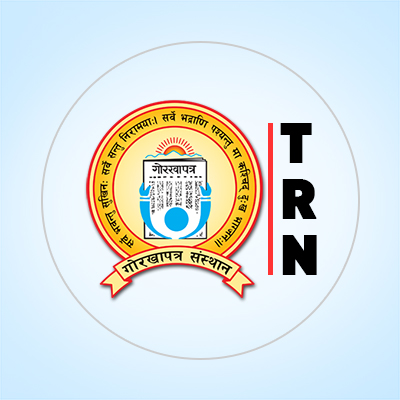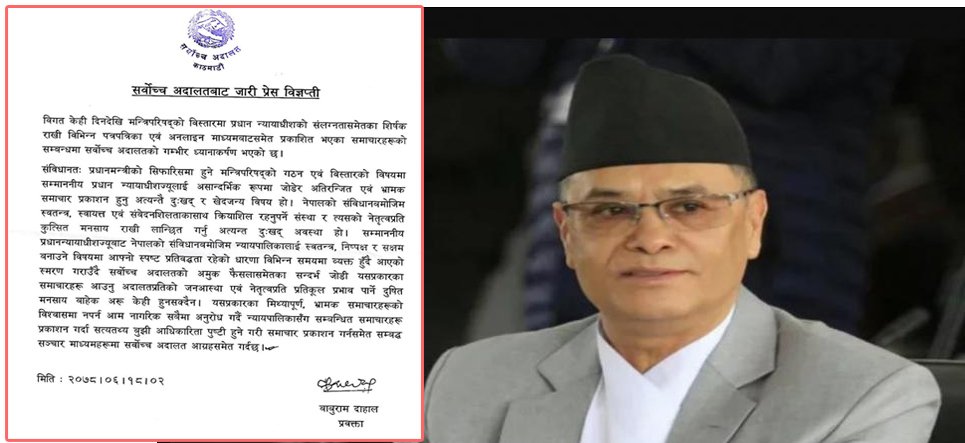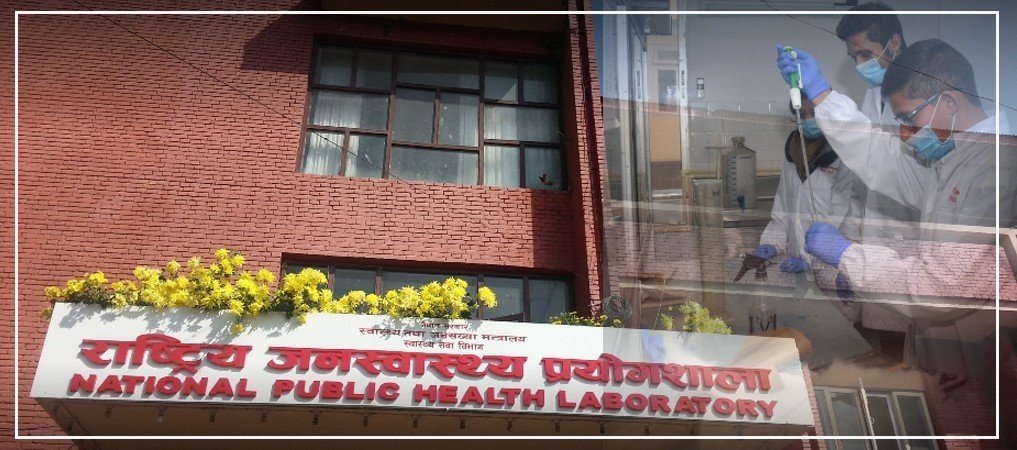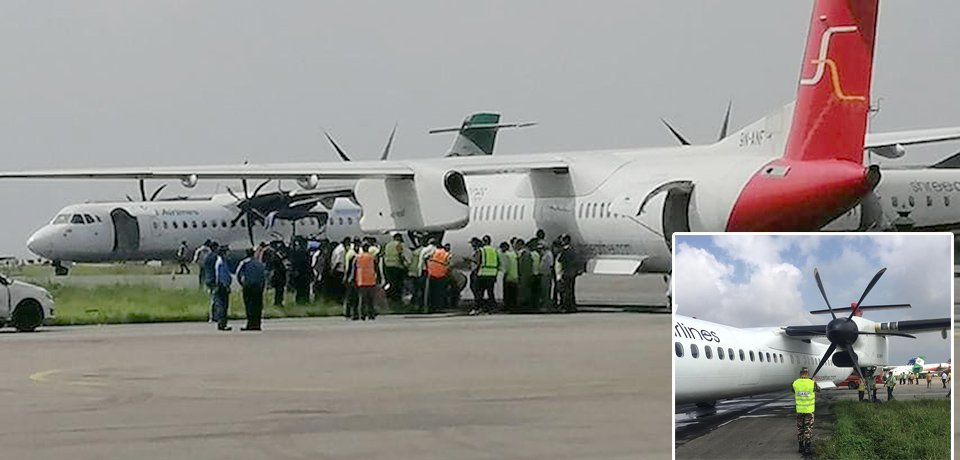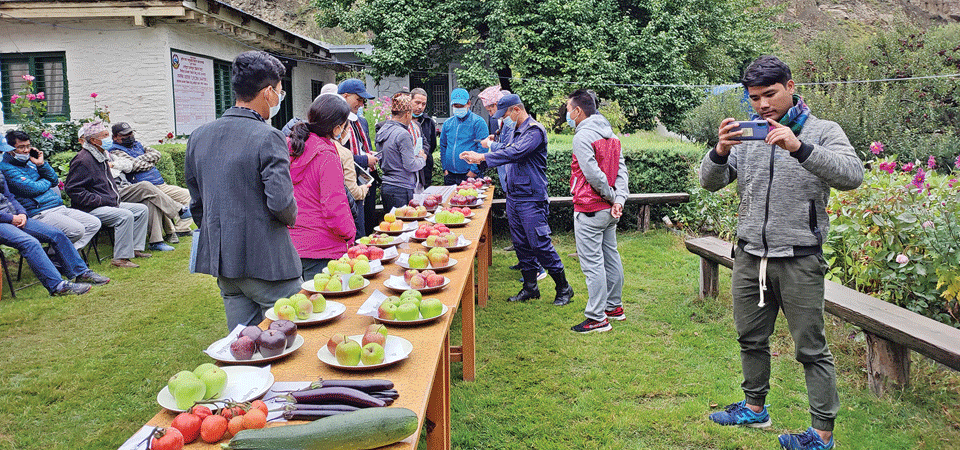Awareness, preparedness key to disaster risk reduction: experts

By TRN Online, Kathmandu, Mar. 22: Experts on disaster risk reduction have pointed out that awareness on possible disasters and preparedness to face the natural calamities make up the key to mitigate impact of any disaster on people's lives and properties.
Addressing a webinar hosted on Tuesday by Japanese Embassy in Nepal to share Japan's knowledge on disaster reduction and Nepal's strategy on disaster resilience, Prof. Nishikawa Satoru of Nagoya University, Japan, Anita Niraula, joint secretary of National Disaster Risk Reduction and Management Authority (NDRRMA) of Nepal and Ehara Yoshiki, senior representative of JICA office Nepal, highlighted that raising people's awareness about possible disaster and preparedness to deal with it constitute the key to drastically lessen the adverse impact of disaster on the people.
Pointing out the fact that the lack of awareness means lack of preventive measures and preparedness to mitigate impact in the event of natural calamities, Prof. Nishikawa briefed about how Japan developed its disaster risk reduction approaches since the first written record of earthquake in Japan, the Yamato-Kochi earthquake in 416.
He observed that 18.5% of earthquake of over 6 magnitude that occurred in a decade since 2003 were recorded in Japan alone and that Japan is most disaster-prone country as earthquakes, tsunami, volcanic eruption, typhoons, heavy monsoon rains, floods, landslides and snow avalanche occur very often here.
Presenting development of building code over time and other measures to prevent impact of natural calamities, the Professor concluded that Japan has achieved impressive results in mitigating impact of disaster by means of proper policies and plans and their effective enforcement.
Anita Niraula, joint secretary of National Disaster Risk Reduction and Management Authority (NDRRMA) of Nepal, made it a point that Nepal has had a paradigm shift in relation to disaster risk reduction approaches since the great Gorkha Earthquake in 2015.
She shared that with Disaster Risk Reduction and Management Act, 2074 BS and other necessary legal instruments combined with policy and plans including the building code, Nepal has taken a great leap toward mitigating and managing disaster risks.
Ehara Yoshiki, senior representative of JICA office Nepal, said that JICA has been extending possible assistance to rebuild quake damaged infrastructures and raising people's awareness on different types of natural calamities and developing their capacity to face possible risks.
According to JICA, Japan has provided a sum of 280 million US Dollar – 225 million USD as loan, 45 million USD as grants and 10 million USD as technical cooperation- to Nepal for reconstruction in the aftermath of the devastating earthquake in 2015 which killed nearly 9,000 people and injured some 22,000 people in the country.

Recent News

Do not make expressions casting dout on election: EC
14 Apr, 2022
CM Bhatta says may New Year 2079 BS inspire positive thinking
14 Apr, 2022
Three new cases, 44 recoveries in 24 hours
14 Apr, 2022
689 climbers of 84 teams so far acquire permits for climbing various peaks this spring season
14 Apr, 2022
How the rising cost of living crisis is impacting Nepal
14 Apr, 2022
US military confirms an interstellar meteor collided with Earth
14 Apr, 2022
Valneva Covid vaccine approved for use in UK
14 Apr, 2022
Chair Prachanda highlights need of unity among Maoist, Communist forces
14 Apr, 2022
Ranbir Kapoor and Alia Bhatt: Bollywood toasts star couple on wedding
14 Apr, 2022
President Bhandari confers decorations (Photo Feature)
14 Apr, 2022
